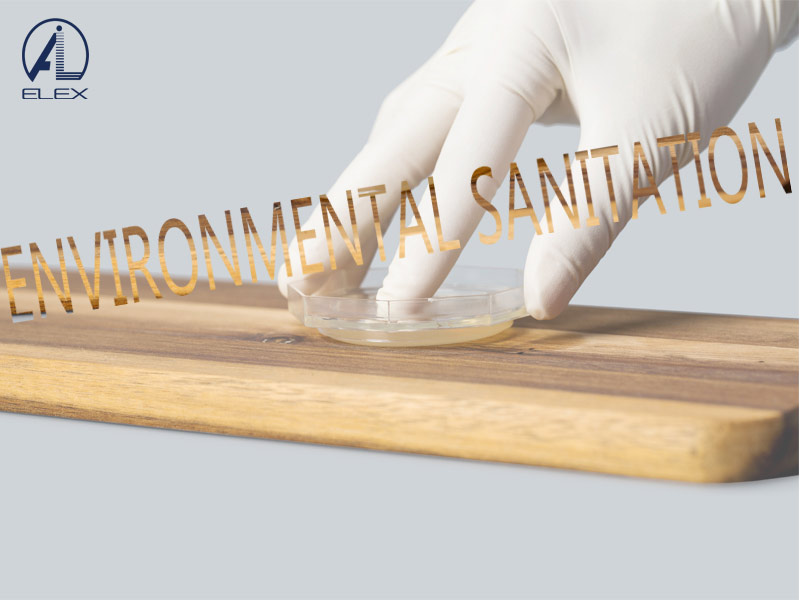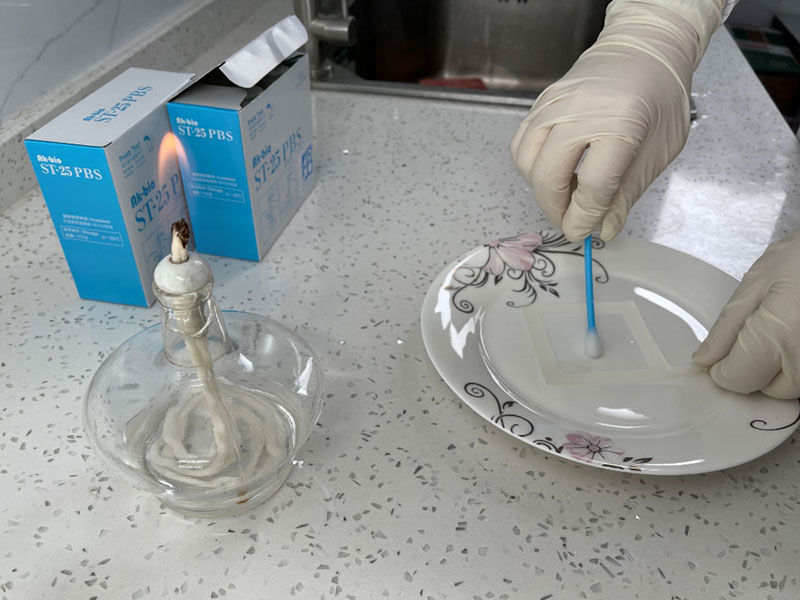Food microbiology exams go beyond theoretical knowledge, often incorporating practical applications of food microbiology concepts. Excelling in these exams requires not only a deep understanding of key theories but also the ability to apply this knowledge in real-world scenarios. In this blog, we will provide practical tips to help you excel in food microbiology exams and showcase your proficiency in both theory and practice.
Actively participate in practical classes to gain hands-on experience with food microbiology techniques. This will improve your understanding and confidence in performing laboratory tasks during the exam. During practical sessions, take detailed notes of the procedures, observations, and outcomes. These notes will serve as valuable references when revising for the exam and help you recall important steps and concepts.
Food microbiology exams may include questions about lab safety protocols. Review these protocols thoroughly to ensure you handle microorganisms and equipment safely during the exam. During practical exams, time management is crucial. Practice completing tasks within the allocated time to avoid rushing or leaving experiments incomplete.
If you encounter challenges or have questions about laboratory techniques, don't hesitate to seek guidance from your instructors. They can provide valuable tips and help clarify any doubts you may have. Preparing for a food microbiology exam requires a balance of theoretical understanding and practical skills. Reviewing key topics, practicing with sample questions, and gaining hands-on experience in the laboratory will help you succeed in your food microbiology exam. Remember to stay organized, manage your time effectively, and seek guidance when needed. With thorough preparation and dedication, you can approach your food microbiology exam with confidence and achieve academic success in this vital field of study.
Food microbiology exams often incorporate practical applications of theoretical concepts, challenging students to showcase their understanding of both theory and practice. By actively participating in laboratory sessions, taking comprehensive notes, practicing time management, and seeking guidance when needed, you can excel in food microbiology exams. Practical experience, coupled with a solid understanding of key theories, will equip you with the skills necessary to succeed in food microbiology and contribute to ensuring the safety and quality of the global food supply.
 A Tentative Study on the relevance of HACCP certification and infection control in hospital
A Tentative Study on the relevance of HACCP certification and infection control in hospital
 Environmental Sanitation Microbiology Testing
Environmental Sanitation Microbiology Testing
 Microbiology Test in Food Industry
Microbiology Test in Food Industry
 The Applicability of High-quality Ready-to-use Swab Sampler for Tableware Sampling and Public Places Supplies and Utensils Microorganisms
The Applicability of High-quality Ready-to-use Swab Sampler for Tableware Sampling and Public Places Supplies and Utensils Microorganisms
 Spike Experiment of DNP Culture Media Plate Based on Ice Cream
Spike Experiment of DNP Culture Media Plate Based on Ice Cream

